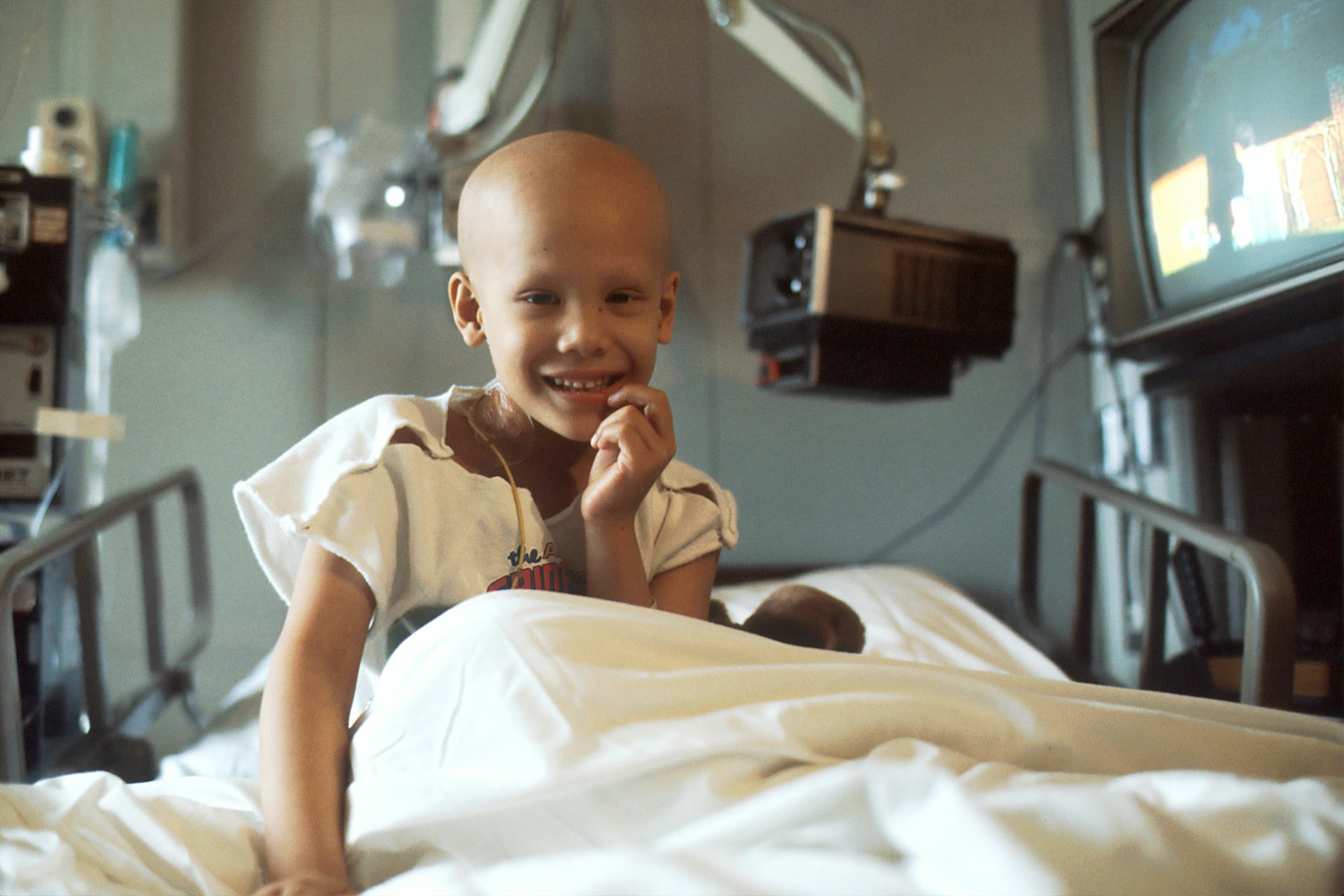Cancer is one of the most common diseases in the world, affecting millions of people every year. It can be scary to hear the word “cancer,” but understanding it better can help us take the right steps to prevent it and support those who are affected. In this blog, we will discuss what cancer is, its causes, common types, symptoms, and ways to stay healthy.
What is Cancer?
Cancer happens when the body’s cells grow uncontrollably. Normally, our cells grow, divide, and die in a controlled manner. However, when something goes wrong, cells can start growing too fast and form lumps or tumors. These tumors can be either benign (non-cancerous) or malignant (cancerous). Malignant tumors can spread to other parts of the body, making the disease more dangerous.
What Causes Cancer?
Cancer can be caused by many factors, including:
- Genetics – Some people inherit genes that make them more likely to get cancer.
- Lifestyle Choices – Smoking, drinking too much alcohol, and eating unhealthy food can increase the risk.
- Environmental Factors – Exposure to pollution, radiation, and harmful chemicals can cause cancer.
- Infections – Certain viruses, such as HPV (Human Papillomavirus) and Hepatitis B, can lead to cancer.
- Weakened Immune System – A weak immune system makes it harder for the body to fight harmful cells.
Common Types of Cancer
There are many types of cancer, but some of the most common ones include:
- Lung Cancer – Often caused by smoking or air pollution.
- Breast Cancer – Affects both men and women, but is more common in women.
- Colorectal Cancer – Affects the colon or rectum and is linked to diet and age.
- Prostate Cancer – Common in men, especially as they get older.
- Skin Cancer – Often caused by too much exposure to the sun.
- Leukemia – A type of blood cancer that affects the bone marrow.
Symptoms of Cancer
Cancer symptoms vary depending on the type, but some common signs to watch for include:
- Unexplained weight loss
- Unusual lumps or swelling
- Persistent cough or difficulty breathing
- Changes in bowel habits (diarrhea or constipation)
- Unexplained pain
- Fatigue or extreme tiredness
- Changes in the skin, such as new moles or changes in existing ones
If you notice any of these symptoms for a long time, it’s important to see a doctor.
How to Stay Healthy and Reduce the Risk of Cancer
While we cannot always prevent cancer, we can take steps to reduce the risk:
- Eat a Healthy Diet – Eat plenty of fruits, vegetables, whole grains, and lean proteins. Avoid too much red meat and processed foods.
- Exercise Regularly – Staying active helps keep the body strong and healthy. Aim for at least 30 minutes of exercise most days of the week.
- Avoid Smoking and Excessive Alcohol – Smoking is one of the biggest causes of cancer, and drinking too much alcohol increases the risk.
- Protect Your Skin – Wear sunscreen and avoid too much sun exposure to lower the risk of skin cancer.
- Get Vaccinated – Vaccines like the HPV and Hepatitis B vaccine can help prevent certain types of cancer.
- Regular Screenings and Checkups – Early detection is key. Regular screenings like mammograms, Pap smears, colonoscopies, and blood tests can help catch cancer early when it is easier to treat.
- Manage Stress – High stress levels can weaken the immune system, so try to practice relaxation techniques like yoga, meditation, or deep breathing.
Hope for the Future
Medical research has made great progress in treating cancer. New treatments like immunotherapy, targeted therapy, and better chemotherapy methods are helping more people survive and live longer. Scientists are also working on early detection tools to find cancer before it spreads.
Final Thoughts
Cancer is a serious disease, but with awareness and healthy habits, we can reduce the risk. It’s important to take care of our bodies, go for regular checkups, and support loved ones who may be fighting cancer. By making small changes in our daily lives, we can take a step toward a healthier future.
If you or someone you know is facing cancer, remember that there is hope, and many treatments are available today. Stay informed, stay positive, and take care of your health.